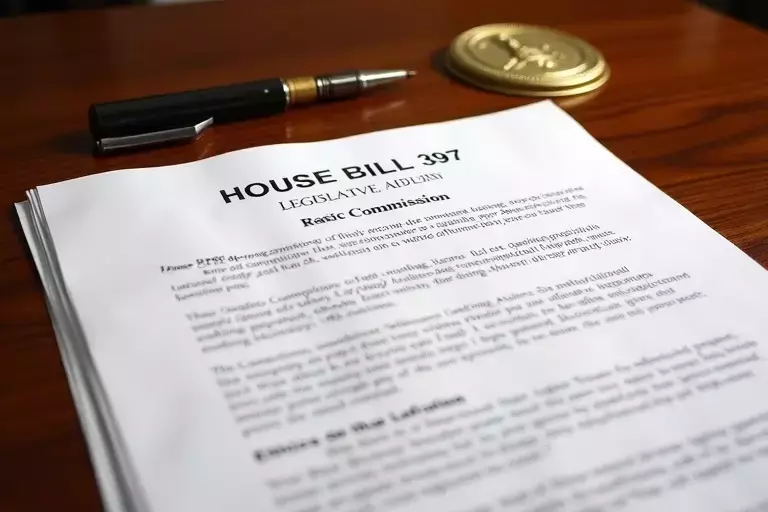





A significant amendment within a comprehensive ethics reform bill in Louisiana could enable the director of the state's Racing Commission to maintain ownership of racehorses, despite overseeing their licensing. This potential change is part of House Bill 397, which seeks to modify numerous aspects of Louisiana's ethical standards for public officials and employees. The bill has already cleared its initial legislative stage and is now set for consideration by the full House.
The current executive director of the Louisiana Racing Commission, Stephen Landry, assumed his role in 2024 with partial ownership stakes in two racehorses. His responsibilities include managing licenses for racetracks, training facilities, off-track betting operations, and racehorse owners. Although state law does not explicitly address whether he can retain such ownership while serving as director, existing regulations prohibit public employees from conducting business with their own agencies. Consequently, unless the proposed legislation passes, Landry may face challenges renewing his racehorse owner license in 2026.
Supporters argue that the commission, rather than the director, makes final decisions on granting or revoking ownership licenses, thus mitigating any conflict of interest. Furthermore, recent legal changes permit all thirteen commissioners to own racehorses competing in Louisiana, expanding from just three previously. Critics, however, raise concerns about impartiality and adherence to international racing standards, questioning how Landry could objectively manage programs affecting breeders' incentives or handle rule violations involving his co-owners. Regardless of these debates, the bill's progress underscores ongoing efforts to balance transparency and practicality in public service roles.
Legislative reforms often aim to create systems that are both fair and functional, ensuring individuals in leadership positions can fulfill their duties without undue restrictions. By addressing ambiguities in current laws, lawmakers strive to establish clearer guidelines that uphold integrity while accommodating real-world complexities. As this bill moves forward, it highlights the importance of crafting policies that reflect modern realities while safeguarding public trust and accountability.
